HOME > Basketball
Jordan retired for the second time, but the Bulls strength is exhausted and cannot win the championship
3:38pm, 12 June 2025【Basketball】
On June 12, in the summer of 1998, when Michael Jordan made the history-recorded "last shot" in Salt Lake City and ended with his sixth championship ring perfectly, the whole world thought it was just a classic script for a great athlete to retire. However, what is little known is that behind this glorious curtain call, there is a cruel reality in the history of professional sports - the Chicago Bulls Dynasty has long been exhausted, and Jordan's second retirement was not simply a rapid retreat, but a king's last decent choice when facing the collapse of the dynasty. The cracks of the dynasty: The hidden worries behind three consecutive championships**
The Bulls locker room in the 1997-98 season was filled with a feeling of fatigue that was stronger than ever before. According to the team reporter at the time, the physical examination report at the beginning of the season showed that 35-year-old Jordan had severe knee fluid, Pippen missed the first 35 games due to a back injury, and Rodman's competitive state declined sharply. What's even more fatal is the openness of the infighting of the management. General Manager Klaus repeatedly declared in front of the media that "head coach Jackson will not stay in office next season" and even said that "the team needs to be rebuilt." These signs indicate that the Bulls' second three-game championship was entirely supported by Jordan's extraordinary willpower. That season, Jordan played 82 regular season games, averaged 38.8 minutes per game, and increased his playing time to 41.5 minutes in the playoffs. As the Chicago Tribune described: "Jordan is like climbing Mount Everest with the entire team on his back, while his teammates are constantly throwing equipment down. "
**Salary dilemma: The economic logic of the disintegration of the dynasty**
In-depth analysis of the Bulls' salary structure at that time can reveal the unsustainability of the dynasty's continuation. In the 1997-98 season, Jordan's salary was as high as $33.14 million (123% of the salary cap), but Pippen only received $2.78 million due to his early signing. This severely imbalanced salary distribution caused an undercurrent in the locker room. NBA salary expert Bobby Marks later analyzed: "According to the labor-capital agreement at the time, if the Bulls want to retain their core lineup, they will need to pay a record $120 million luxury tax in the 1998-99 season, which is equivalent to 20% of the team's market value. "More importantly, the league will soon be shut down in 1999, and the new hard salary cap system will completely block the possibility of building a super team. These data ruthlessly reveal that even if Jordan does not retire, the Bulls are simply unable to maintain the championship lineup.
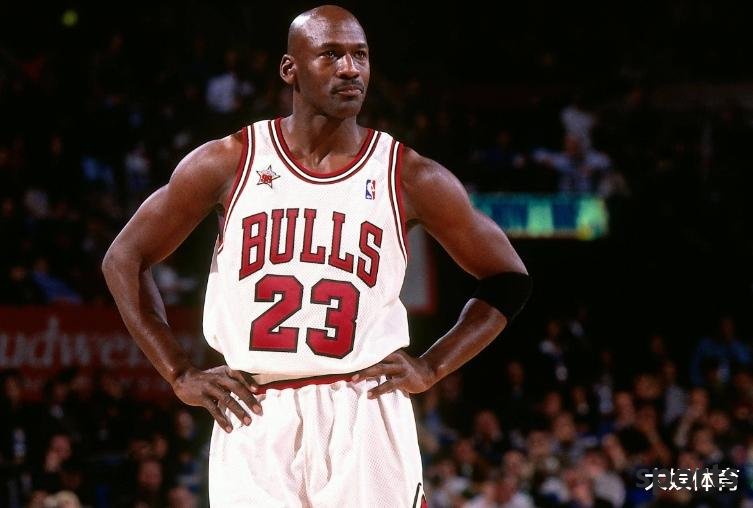
**The change of the era: The drastic changes in the NBA pattern**
From the perspective of league development, 1998 coincided with the turning point of the transfer of power in the NBA. The Spurs in the Western Conference have trained Duncan at their peak, the Lakers' O'Neal Kobe combination has begun to show great success, and the Pacers, Knicks and other teams in the Eastern Conference have also completed targeted reinforcements. In contrast, the Bulls' tactical system is seriously aging and still relies on triangular offense and Jordan's key ball ability. Former NBA player Kenny Smith admitted in the documentary: "At that time, all teams studied the Bulls thoroughly, and their winnings were all due to Jordan's transformation into Superman in the fourth quarter. " This kind of standout situation is destined to be difficult to last in professional sports. In the 1998 playoffs, the Bulls were forced to a desperate situation many times (at the Pacers tiebreak and the finals G6 fell behind), which has exposed the dynasty's strength.
**Psychological Game: Jordan's King's Dignity**
Jordan's competitive instinct makes him unable to accept his identity as a "non-chat competitor". Its biographer Roland Razambi revealed that at a private dinner after the 1998 championship parade, Jordan once told his close friends: "If I can't leave as a champion next year, I would rather leave forever." This mentality is not uncommon among top athletes - Magic Johnson retired due to HIV and the Lakers were still the championship team, and Bird led the team to the finals the year before his retirement. Sports psychologists believe that: "The choice of retirement timing for great athletes is essentially a protection of their own legends." For Jordan, retirement with the halo of three consecutive championships can consolidate his historical position more than failures during the reconstruction period.
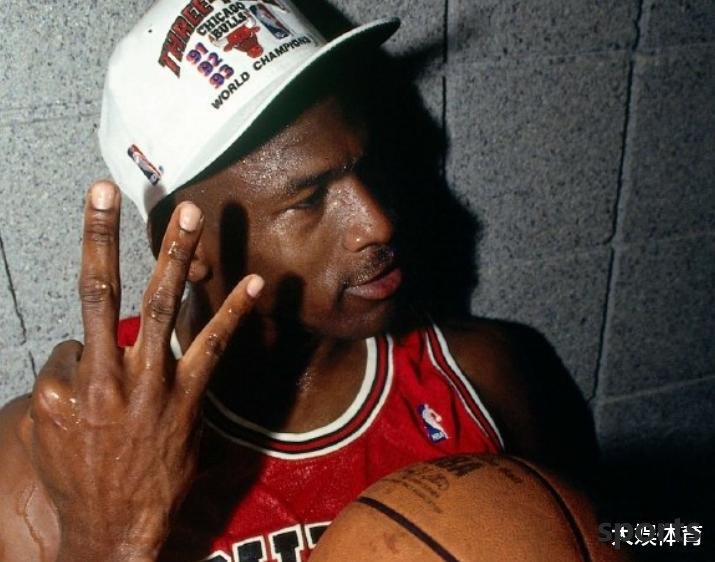
**Historical confirmation: The subsequent development of the post-Jordan era perfectly verifies Jordan's wisdom in choosing. After he retired, the Bulls quickly disintegrated, Pippen was traded to the Rockets, and Rodman joined the Lakers, and the team never won more than 30 games in the next six seasons. In contrast, Jordan, who returned to join the Wizards at the same time, although he was still able to contribute an average of 20+ per game, the team has never broken through the first round of the playoffs. This experience proves from the negative side that the Bulls in 1998 have indeed reached the moment of demolishing and rebuilding. As ESPN said in the commemorative documentary: "Jordan's second retirement is not the end of the story, but the most perfect end of the legend - he made the world remember the flying figure forever, not the moment of falling from the altar. "
Looking back at this history, what we see is not only the retirement decision of an athlete, but also a micro-epic of the rise and fall of the professional sports dynasty. Jordan's choice interprets the cruel rules of top-level competition: a true king must not only have the ability to create a dynasty, but also have the wisdom to turn around at its peak. When future generations are amazed at the perfection of the "last shot", they should perhaps understand the competitive philosophy contained in it - the great exit, which itself is part of the legend.
Related Posts
- As expected! Reporters posted netizen prediction votes: 60% successfully predicted that James would not announce his retirement.
- A star who may retire in the NBA in the past five years. Time always says goodbye
- +1! The fourth player this summer goes abroad and joins the overseas league and is expected to become the next Yang Hansen
- Adebayo s girlfriend is too strong: He won 6 consecutive victories with 30+16, breaking the record and becoming the first person in WNBA history
- The Chinese men s basketball team will see a blowout talent in the next Olympics, and Yao Ming s dividends will gradually be reflected!
- NBA Rockets News: Renewal with Tate
- Wiggins takes a family on vacation and earns 250 million yuan. The Lakers want to trade him, and his wife has a good figure
- Heroes cherish each other! Pierce praised Kobe as the second Jordan, saying that defending him is very stressful
- NBA Playoffs: Unexpected 3-1, Kaiyong is in trouble, Nuggets Thunder King Mountain
- Chasing dreams and mocking Dillon was criticized by American netizens! James was caught in a gunfire!
Hot Posts
- As expected! Reporters posted netizen prediction votes: 60% successfully predicted that James would not announce his retirement.
- A star who may retire in the NBA in the past five years. Time always says goodbye
- +1! The fourth player this summer goes abroad and joins the overseas league and is expected to become the next Yang Hansen
- Adebayo s girlfriend is too strong: He won 6 consecutive victories with 30+16, breaking the record and becoming the first person in WNBA history
Recommend

Great value reinforcement! 40-year-old Paul had a plus-minus of +26 in his debut. Connection and defense are urgent needs for the team.
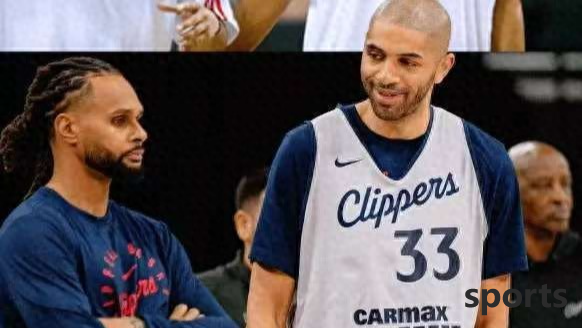
Veterans ranked top four in data, Batum rejects the player option to sign the Clippers again

It s heartbreaking. Westbrook humiliated Harden after the Clippers were eliminated. The tiger fell into Pingyang. It s just that the bearded man is not competing.

Pierce: I don t know what Flag can be, but he is not comparable to Doncic at the moment
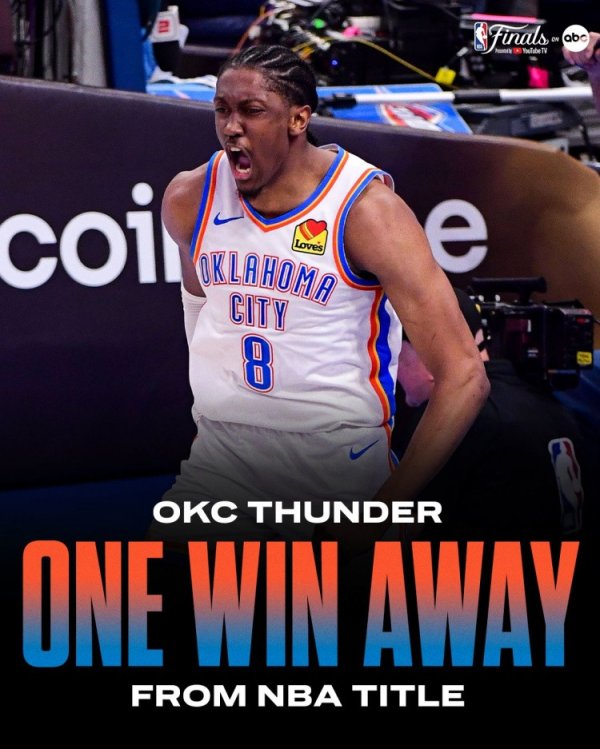
Russian City Mayor: Win 15 games and 1 game left now is our time!
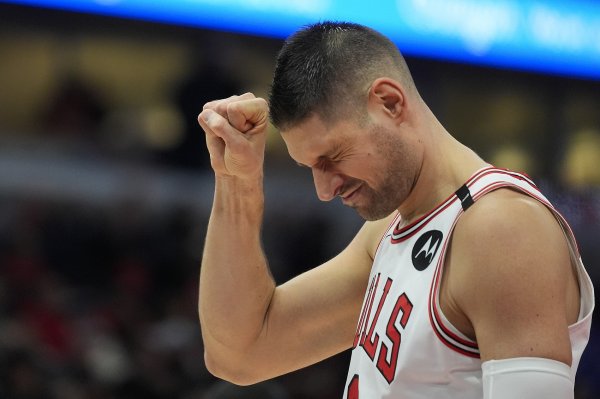
Contract year & salary 21.4 million! American News: I think the Warriors are not interested in Vucevic

One becomes the champion, the other can t survive
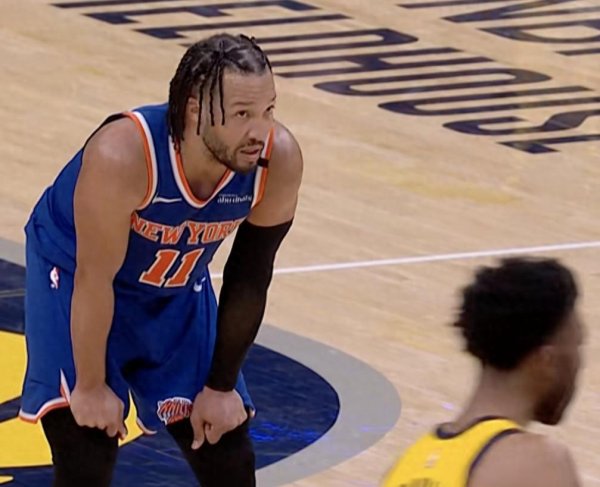
One game 130-121, two groups were born 3-1! The finals lost their suspense and two incredible births!